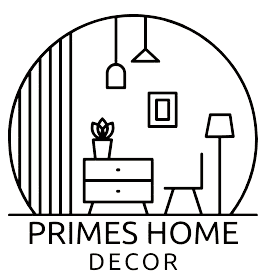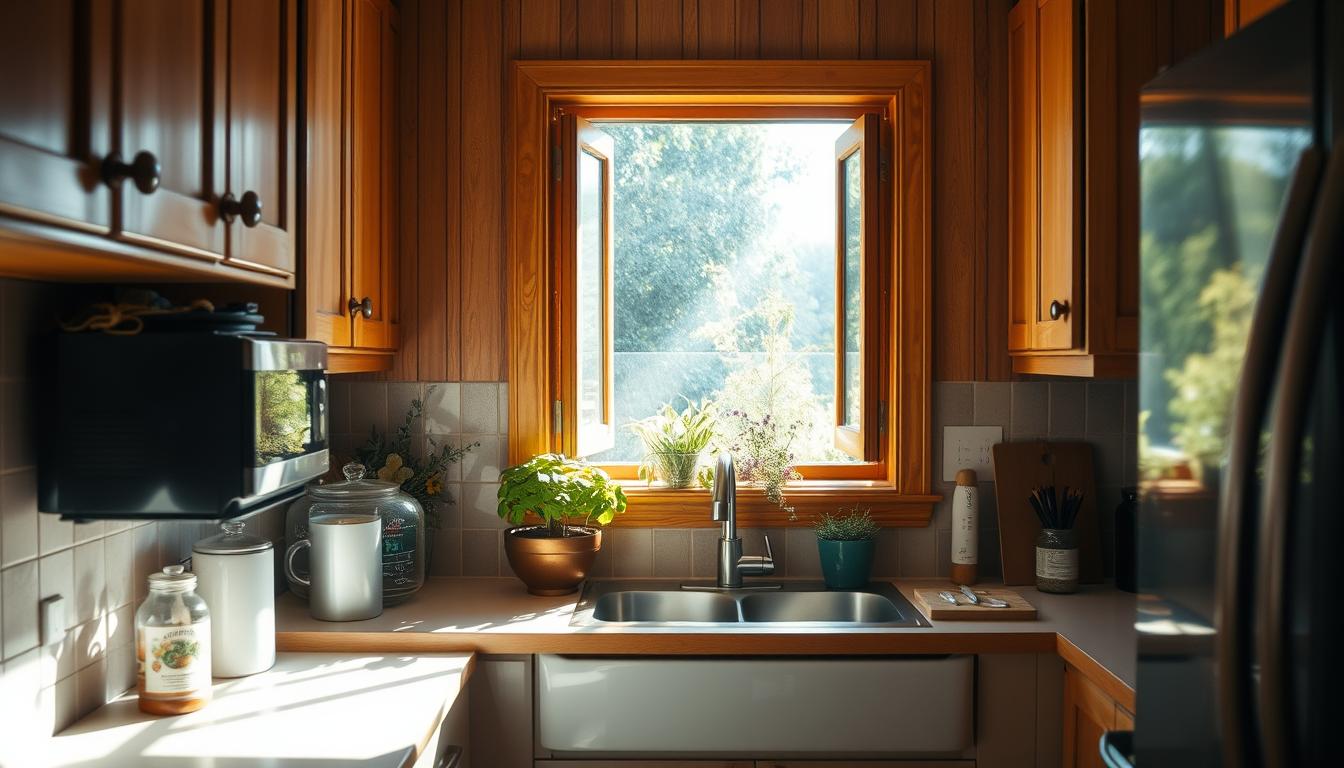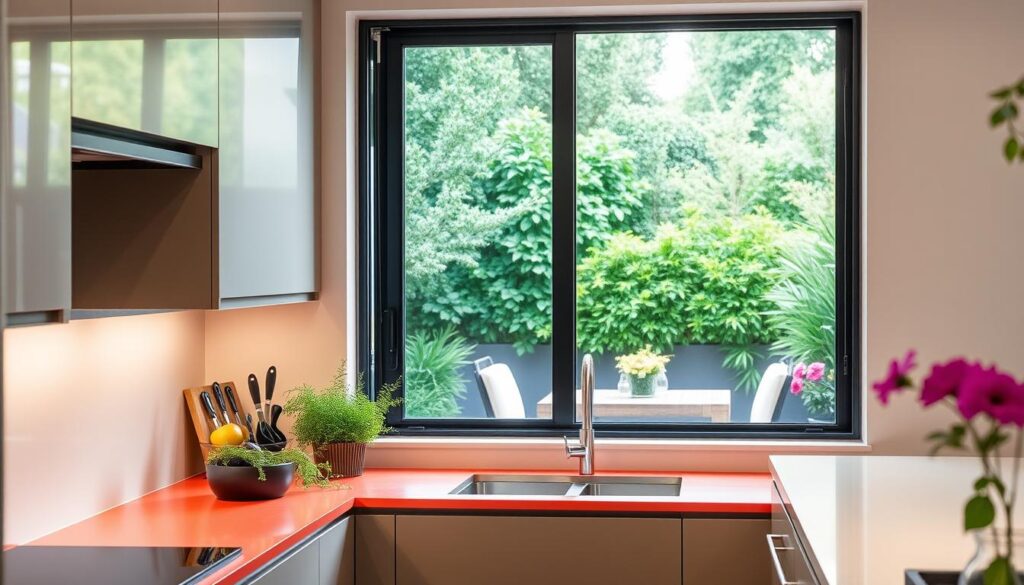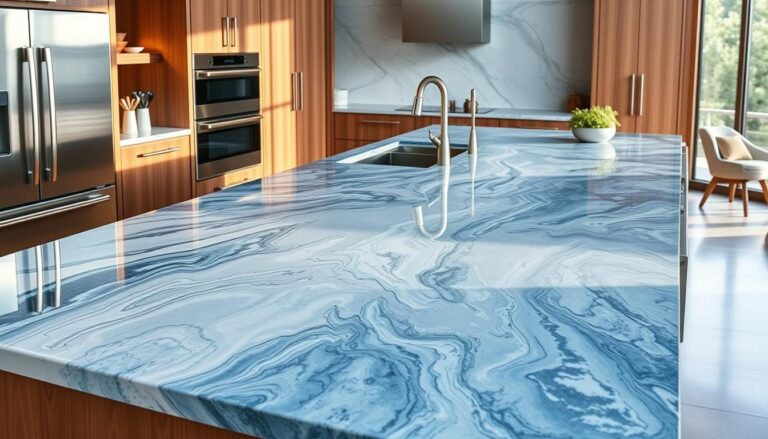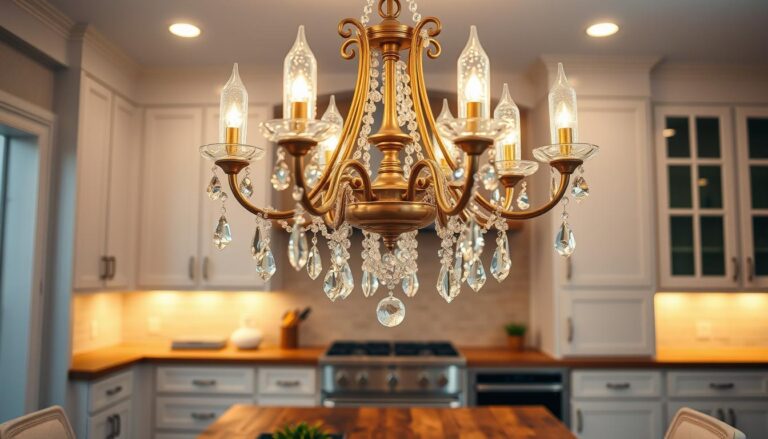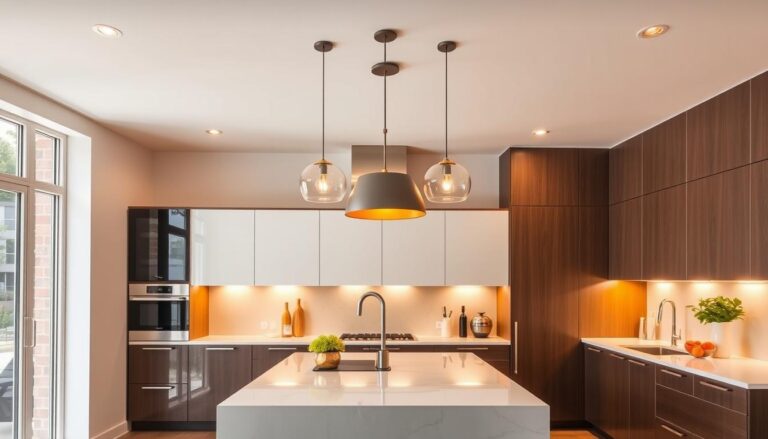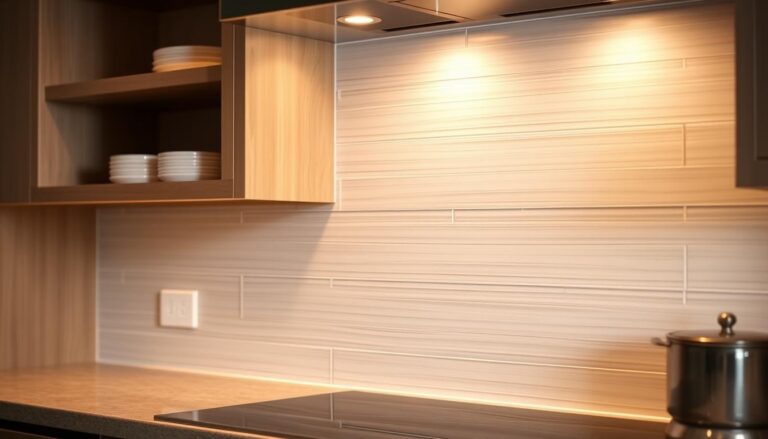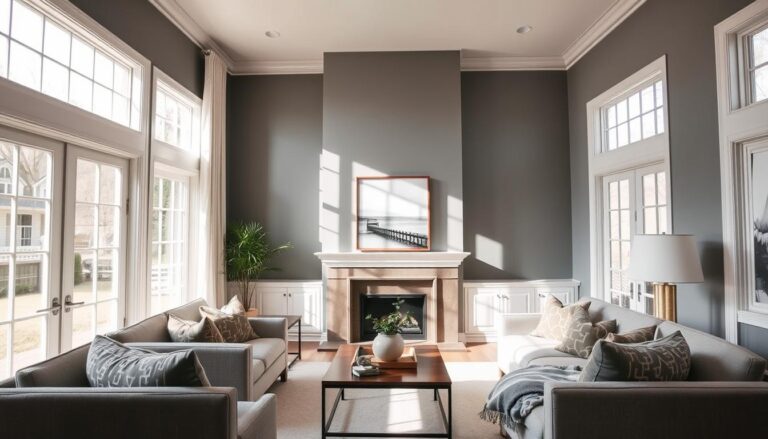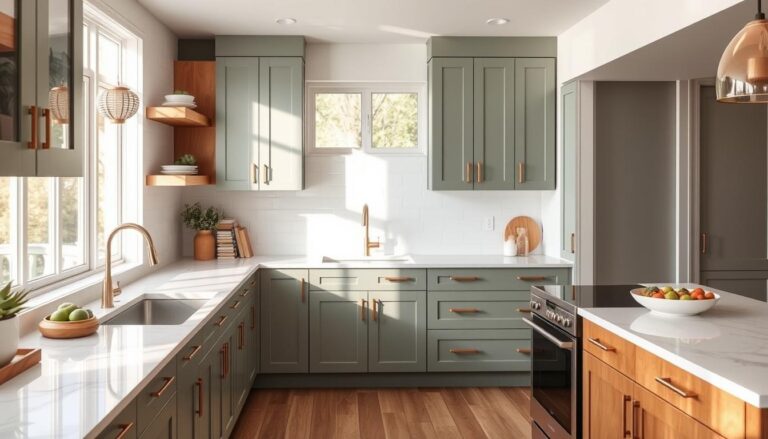what are pass Through Window
Table of Contents
what are pass Through Window
Pass-through windows are a special architectural feature. They connect two different spaces, making it easy to move things and talk to people in other areas. They save time and effort by not needing to physically move between spaces.
Homeowners and designers can make pass-through windows fit their needs. They can choose the size and material, making them perfect for kitchens, dining areas, and outdoor spaces.
Pass-through windows have many advantages. They save space, make things more convenient, and connect rooms better. They also let in more natural light, making spaces feel more open and welcoming.
This architectural feature has become more popular lately. It’s especially loved in the trend of indoor-outdoor living. It helps make the inside and outside feel like one, creating a smooth transition.
Key Takeaways
- Pass-through windows are architectural features that connect two spaces, enabling easy transfer of objects and communication between individuals.
- These windows can be customized to suit specific requirements, such as dimensions and materials, making them versatile for various applications.
- Pass-through windows offer benefits like space-saving, improved convenience, enhanced room connectivity, increased natural light, and a more open feel to the connected spaces.
- The popularity of pass-through windows has grown in recent years, especially with the increasing trend of indoor-outdoor living.
- Pass-through windows can be installed in a variety of locations, such as between a kitchen and dining area or between an indoor and outdoor space.
Understanding Pass Through Windows and Their Purpose
Pass-through windows are special architectural features. They connect two different spaces, allowing objects, food, or even conversations to pass through. These windows have changed a lot, from simple wall openings to advanced designs with sliding panels and more.
Knowing what pass-through windows are, how they’ve evolved, and their parts helps us see their value. They are useful in many ways today.
Definition and Basic Concepts
A pass-through window is a hole in a wall or partition. It lets you move items or talk between two areas. You often find them in kitchens, drive-throughs, and other places where indoor and outdoor spaces meet.
Historical Development and Modern Applications
Pass-through windows have been around for centuries. They started as simple holes in walls for exchanging goods or messages. Now, they’re more complex, with advanced designs fitting many architectural styles and needs.
Today, they’re used everywhere, from kitchen windows to drive-through service windows. They’re a big part of modern design and function.
Core Components and Design Elements
The main parts of a pass-through window include the frame, the way it opens (like sliding or folding), and sometimes a countertop. These parts can be changed to fit the space perfectly. This makes sure the window looks good and works well in the area.
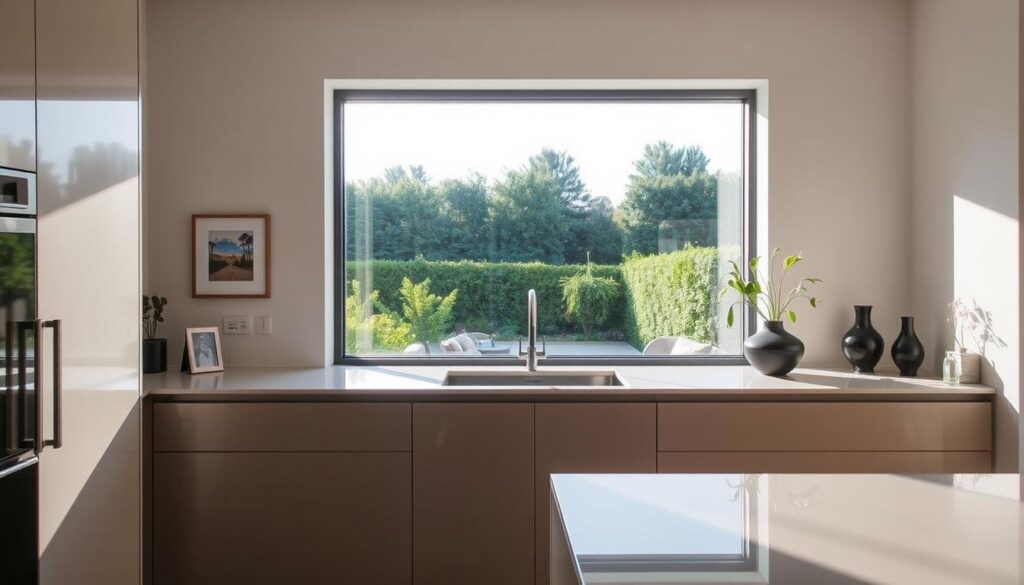
Types of Pass Through Window Installations
Pass-through windows come in many styles and designs. They fit different needs and tastes. Each type has its own benefits, like space, looks, and function.
Sliding windows are loved for their space-saving design. They slide into a wall pocket or over a fixed panel. Folding windows open inwards or outwards, lying flat against the wall. Bi-fold windows have panels that fold horizontally, offering a modern look and lots of open space.
Pass-through windows can be made to fit any opening size. This means homeowners can find the perfect fit for their space. You can choose from various materials, glass types, and designs. These windows work well in homes and businesses.
Looking for something sleek? Maybe something that saves space? There’s a pass-through window for you. Whether it’s sliding, folding, or bi-fold, you’ll find the right one to improve your space’s look.
Benefits and Advantages of Installing a Pass Through Window
Pass-through windows bring many benefits to both homes and businesses. They make spaces more efficient, let in more natural light, and connect indoors to outdoors. These windows can change how a room feels and works.
Enhanced Space Efficiency
Pass-through windows save space by removing the need for extra doors. They connect areas like kitchens to dining rooms or living rooms to patios. This design makes spaces feel more open and less cluttered, great for small or multi-use areas.
Improved Natural Light Flow
These windows let in more sunlight, reducing the need for artificial lights. This makes spaces brighter and more welcoming. Better natural light can boost mood, productivity, and energy savings, making spaces more enjoyable and eco-friendly.
Better Indoor-Outdoor Connection
Pass-through windows merge indoor and outdoor spaces, creating a stronger bond. This is perfect for homes or businesses that want a seamless blend of areas. They make it easier to talk, socialize, and move between spaces, enhancing the overall experience.
In summary, adding a pass-through window can greatly improve a space. It offers practical and aesthetic benefits, enhancing both function and feel in any room or business setting.
Popular Applications in Residential Settings
Kitchen pass through windows are a hit in homes. They link the kitchen to dining areas or outdoor spots like patios and pools. These windows make serving food and drinks easy during parties, blending indoor and outdoor living.
They can also turn your outdoor space into an indoor-outdoor bar. With outdoor counter space and barstools, entertaining becomes a breeze.
For pool owners, these windows are a game-changer. They let you grab snacks and drinks without getting wet. This feature makes your patio more functional and fun.
Pass through windows come in many styles and sizes. This means they can fit any home’s look. Sliding windows are cost-effective and versatile. Multi-slide and bifold windows add style and connect indoor and outdoor spaces well.
When putting in a pass through window, think about structure, weather protection, and building codes. The right design makes it a valuable part of your home, improving its function and connection.
Kitchen Pass Through Window Designs and Features
Kitchen pass-through windows make your home flow better. They connect indoor and outdoor living, perfect for California’s climate. Think about the countertop, material, and ventilation when designing.
Counter Integration Options
A key feature is the countertop on the dining or outdoor side. It’s great for setting down dishes or enjoying drinks. The countertop blends with the window design for a unified look.
Material Selection Guidelines
Choose materials that last and resist weather, especially for outdoor sides. Options like quartz, granite, or stainless steel are durable. Some designs even have small shelves for decorations or herbs.
Ventilation Considerations
Ventilation is crucial in kitchen pass-through window design. Many come with screens or shutters to keep out bugs and weather. This keeps the space comfortable and well-ventilated.
Commercial and Office Pass Through Window Solutions
In offices, pass-through windows help teams work better together. They make it easy to share papers, small items, and info. This boosts how well things get done every day.
Some of these windows have sliding parts or hatches. They keep things private when sharing important info. In places like fast-food spots or banks, they help with customer service. This makes service better and faster.
Office pass-through windows are used in many ways. They fit well in reception areas, desks, and counters. This makes sharing info smooth and improves the service window experience for everyone.
Adding pass-through windows to offices makes work better. It helps teams work together and makes places more welcoming for customers. These windows are key to making offices run smoothly and efficiently.
Installation Requirements and Considerations
Installing a pass-through window involves several important steps. First, making sure the wall can handle the window’s weight is crucial. This is especially true for big windows that need big changes to the wall. It’s also key to protect the window from the weather, as it will be outside.
Structural Requirements
The window’s installation must keep the building safe and stable. This might mean strengthening the wall around the window, especially if it’s big. Getting help from a pro or engineer can help figure out what changes are needed and make sure the window is strong enough.
Weather Protection Measures
Sealing the window well and using weather-resistant materials are vital. You might need to add awnings or overhangs to keep the weather out. Also, using good sealants and gaskets helps keep air and water out. Choosing strong frames and glass that can handle your local weather is also important.
Building Code Compliance
Following local building codes is a must for installing a pass-through window. These rules cover things like energy use, safety, and how the window is built. Making sure the window meets these codes is important to get the right permits and to make sure it’s safe and legal. Working with experts who know the local codes can make this easier.
In short, installing a pass-through window right means thinking about the wall, weather, and codes. By focusing on these areas, you can make sure the window works well and meets all safety and legal standards.
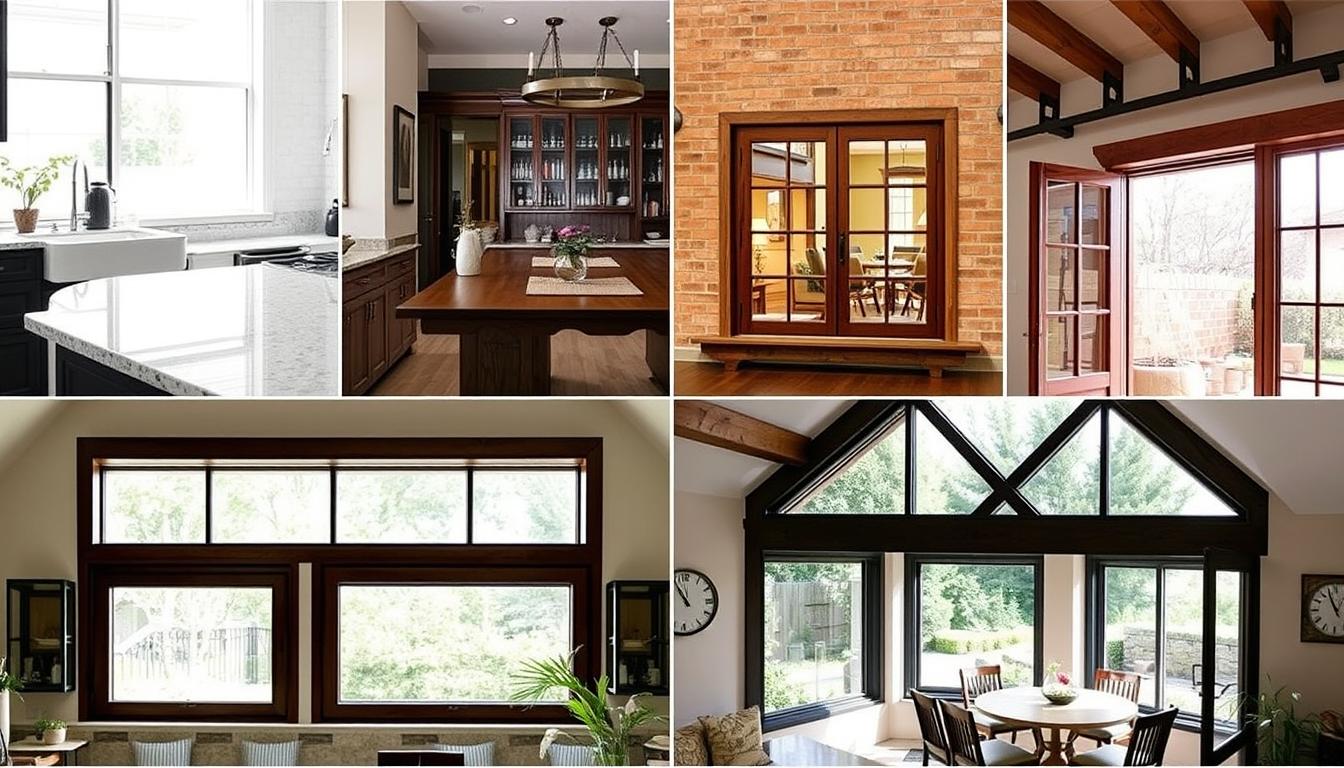
Maintenance and Care Tips for Pass Through Windows
Keeping your pass through windows in good shape is key. It ensures they work well and look great for a long time. Just a few easy steps can help you do this.
First, make sure to clean your windows often. Use a soft, gentle cleaner on the glass and frames. Don’t forget to clean the tracks and parts that move, so they work smoothly. For tough spots, use a razor blade carefully to avoid scratching.
It’s also important to keep your windows weatherproof. Check the seals and weatherstripping often. If you find any damage, replace them right away. This keeps your windows energy-efficient and prevents cold air from getting in.
- Clean window tracks and mechanisms regularly to ensure smooth operation.
- Inspect and replace weatherstripping as needed to maintain energy efficiency.
- Apply a silicone-based lubricant to window mechanisms to reduce friction and prolong their lifespan.
- Schedule an annual inspection by a professional window contractor to identify and address any potential issues.
If your windows get a lot of sunlight, use materials that block UV rays. This stops them from fading or changing color. Also, cleaning the outside of your windows often keeps them looking good and protects them from the weather.
By following these tips, your pass through windows will stay in great shape. They’ll work well, save energy, and make your space look better.
Conclusion
Pass-through windows are now a key part of modern homes and businesses. They connect indoor and outdoor spaces in a beautiful way. This makes them perfect for kitchens, entertainment areas, or commercial designs.
These windows bring many benefits. They make spaces feel bigger and brighter. They also help you connect better with the outdoors.
Pass-through windows are customizable and built to last. They’re easy to install, fitting any style or need. This makes them a smart choice for any project.
The trend of indoor-outdoor living is growing fast. Pass-through windows are at the heart of this trend. They help create spaces that feel open, connected, and good for your health.
